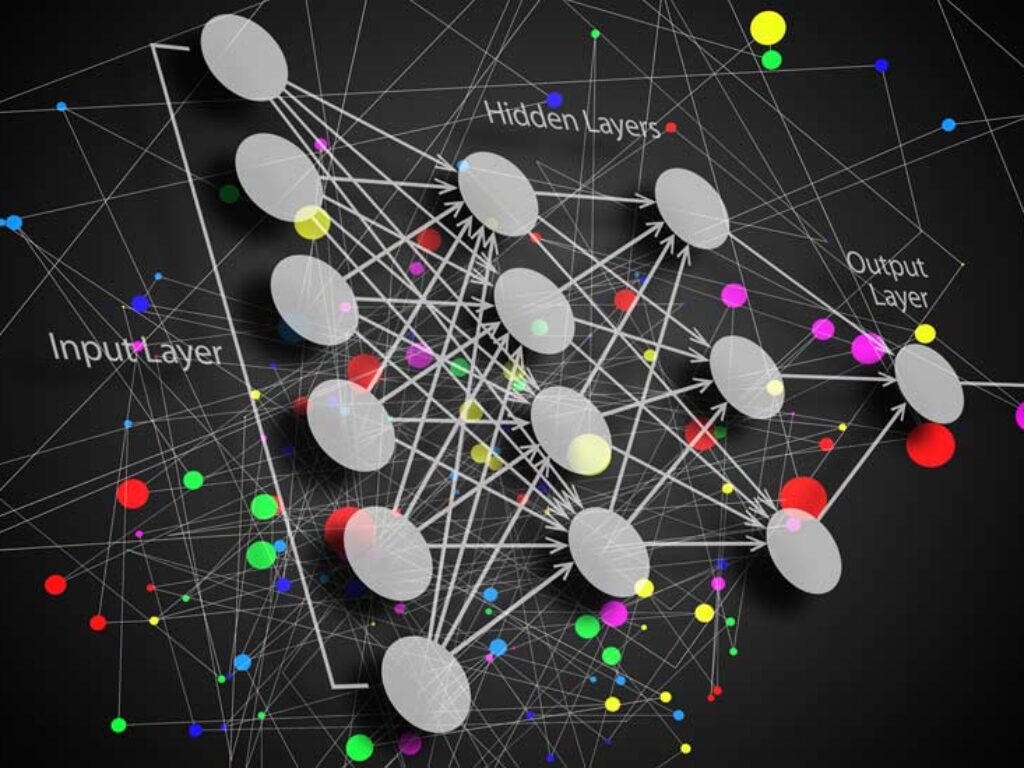Mindrift, a new data generation platform and community for subject matter experts across industries to create high quality datasets for safe, accurate, and responsible AI development, is celebrating its launch by releasing an “AI and the Workforce” report, which surveyed over 1,000 Americans.
AI Fuels Nearly 30% Increase in IT Modernization Spend, Yet Businesses Are Unprepared for Growing Data Demands, Couchbase Survey Reveals
Couchbase, Inc. (NASDAQ: BASE), the cloud database platform company, released the findings from its seventh annual survey of global IT leaders. The study of 500 senior IT decision makers found that investment in IT modernization is set to increase by 27% in 2024, as enterprises look to take advantage of new technologies, such as AI and edge computing, while meeting ever-increasing productivity demands.
Unveiling Jamba: AI21’s Groundbreaking Hybrid SSM-Transformer Open-Source Model
AI21, a leader in AI systems for the enterprise, unveiled Jamba, the production-grade Mamba-style model – integrating Mamba Structured State Space model (SSM) technology with elements of traditional Transformer architecture. Jamba marks a significant advancement in large language model (LLM) development, offering unparalleled efficiency, throughput, and performance.
Nature Communications Publishes Zapata AI Research on Generative AI for Optimization
Zapata Computing Holdings Inc. (Nasdaq: ZPTA), the Industrial Generative AI company, announced that its foundational research on generator-enhanced optimization (GEO) has been published in the esteemed Nature Communications journal. The research, titled “Enhancing Combinatorial Optimization with Classical and Quantum Generative Models,” introduces Generator-Enhanced Optimization (GEO), a novel optimization method that leverages the power of generative modeling to suggest high-quality candidate solutions to complex optimization problems.
Vero AI Evaluates 10 Leading Generative AI Models Using Its Comprehensive VIOLET Framework to Gauge Responsible AI
Vero AI, an analytical engine and scoreboard that helps enterprises fully harness the potential of advanced technology including artificial intelligence while minimizing risk, announced the findings of its inaugural “Generating Responsibility: Assessing AI Using AI” report.
Intel Gaudi 2 Remains Only Benchmarked Alternative to NV H100 for GenAI Performance
Newest MLPerf results for Intel Gaudi 2 accelerator and 5th Gen Intel Xeon demonstrate how Intel is raising the bar for generative AI performance across its portfolio and with its ecosystem partners.
New Research Highlights GenAI as an Increasing Priority for Analytics Community
insightsoftware, the comprehensive provider of solutions for the Office of the CFO, released Embedded Analytics Insights for 2024, a research report in partnership with Hanover Research uncovering the embedded analytics priorities, trends, and challenges of modern developer teams.
Securing GenAI in the Enterprise
Opaque Systems released a new whitepaper titled “Securing GenAI in the Enterprise.” Enterprises are chomping at the bit to use GenAI to their benefit but they are stuck. Data privacy is the number one factor that stalls GenAI initiatives. Concerns about data leaks, malicious use, and ever-changing regulations loom over the exciting world of Generative AI (GenAI), specifically large language models (LLMs).
NEW RESEARCH: Growing Database Complexity Will Fuel Significant Skills Gaps in 2024
Increasing complexity, the rapid adoption of emerging technologies and a growing skills gap are the biggest concerns facing IT leaders in 2024, according to The State of the Database Landscape, a major new survey from end-to-end Database DevOps provider Redgate.
Veritas Survey Finds Workers are Putting Businesses at Risk by Oversharing with GenAI Tools
Our friends over at Veritas just released a new survey revealing that workers are oversharing with generative AI tools, putting businesses at risk. Nearly a third (31%) of global office workers admitted to inputting potentially sensitive information into generative AI tools, such as customer details or employee financials.











